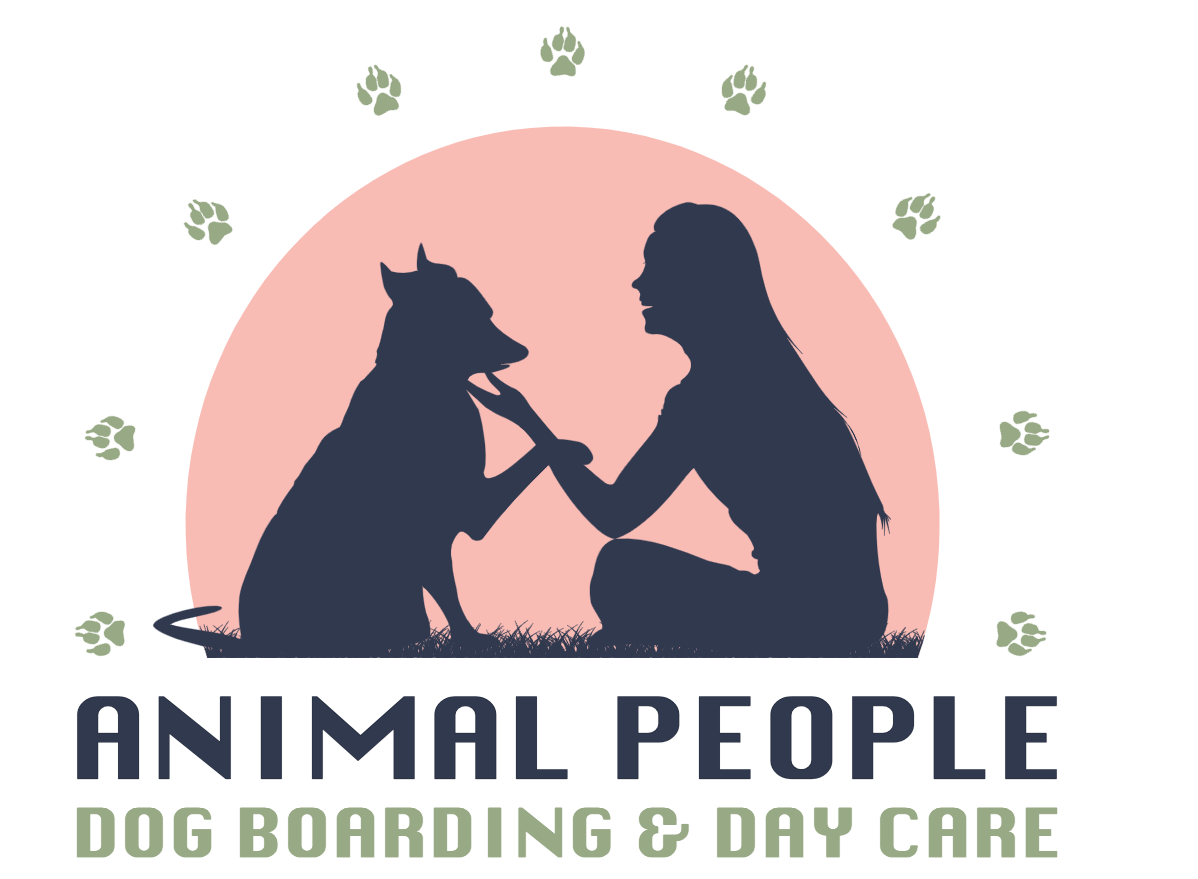The Role of Professional Staff in High-Quality Dog Boarding

Choosing the right dog boarding facility is crucial for the well-being of your furry friend when you’re away. At the heart of every high-quality dog boarding experience is the professional staff who make it all happen.
These dedicated individuals are trained to ensure that your pet not only stays safe but also feels comfortable and loved in your absence. They are skilled in everything from feeding and medication management to exercise routines and emergency response. Additionally, these professionals are adept at recognizing and responding to the unique needs and behaviors of different breeds, making sure that each dog receives personalized care.
Whether it’s playing their favorite games, ensuring they have their special blanket, or providing extra cuddles, the role of professional staff in dog boarding facilities is indispensable. Their expertise and compassionate care are what set apart the best places to trust with your beloved pet.
What qualifications should professional staff have in a high-quality dog boarding facility?
In a high-quality dog boarding facility, professional staff should possess various qualifications and skills to ensure the best care for dogs. Key qualifications include:
- Experience with Animals: Staff should have hands-on experience working with dogs and understanding various breeds, temperaments, and behavioral needs. Experience in a veterinary or animal care setting is highly beneficial.
- Relevant Certifications: Pet first aid and CPR certifications are essential for handling emergencies. Additional certifications in animal behavior, grooming, or training can further enhance one’s ability to care for pets.
- Understanding Animal Health: Knowledge of common health issues, signs of illness, and basic veterinary care is crucial. Staff should be able to recognize and address health concerns promptly and accurately.
- Training in Safety Protocols: Familiarity with safety protocols, including secure handling of dogs, safe cleaning practices, and emergency procedures, is essential for maintaining a safe environment.
- Customer Service Skills: Strong communication skills are important for interacting with pet owners, addressing their concerns, and providing updates on their pets’ well-being.
- Compassion and Patience: A genuine love for animals, patience, and empathy are vital qualities for providing compassionate care and creating a positive experience for the dogs and their owners.
- Continuous Education: Staff should engage in ongoing training and professional development to stay updated on best practices, new techniques, and emerging trends in animal care.
These qualifications ensure that staff can deliver high-quality, personalized care, maintain a safe and clean environment, and effectively manage the needs of the dogs in their care.
How do professional staff contribute to the well-being of dogs in boarding?
Professional staff contribute significantly to the well-being of dogs in boarding facilities through expertise, care, and attention to detail. Here’s how they make a difference:
1. Personalized Care: Professional staff assess each dog’s needs, preferences, and health requirements. They tailor their care routines to ensure that each dog receives appropriate attention, whether administering medications, accommodating special dietary needs, or providing individualized exercise and playtime.
2. Health Monitoring: Staff are trained to recognize signs of illness, injury, or discomfort in dogs. They monitor each pet’s health regularly, ensuring that any issues are promptly addressed, either through internal measures or by contacting a veterinarian if needed.
3. Safety and Security: Ensuring a safe environment is crucial in a boarding facility. Professional staff implement and adhere to safety protocols, such as secure fencing, proper cleaning procedures, and safe handling techniques, to prevent accidents and minimize the risk of illness.
4. Behavioral Management: Understanding and managing dog behaviors is key to providing a positive boarding experience. Staff are skilled in addressing behavioral issues, reducing stress, and fostering a harmonious environment where dogs feel comfortable and secure.
5. Enrichment and Socialization: To keep dogs mentally and physically stimulated, professional staff engage them in enrichment activities, such as interactive play, training exercises, and socialization opportunities. This helps prevent boredom and encourages healthy, happy behavior.
6. Communication with Owners: Staff maintain clear and open communication with pet owners, providing updates on their pets’ well-being and addressing any concerns. This helps build trust and ensures owners are informed about their dogs’ experiences and health.
7. Emergency Preparedness: In an emergency, professional staff are trained in first aid and procedures. Their preparedness ensures that health or safety issues are managed effectively and efficiently.
The expertise and dedication of professional staff are crucial in creating a safe, caring, and enriching environment for dogs while they are boarding, ultimately contributing to their overall well-being and happiness.
Why is professional staff training important in dog boarding services?
Professional staff training is crucial in dog boarding services for several reasons:
1. Ensures Quality Care: Training equips staff with the knowledge and skills to provide high-quality care tailored to individual dogs’ needs. This includes understanding breed-specific traits, medical requirements, and behavioral issues and ensuring that each dog receives appropriate and personalized attention.
2. Promotes Safety: Well-trained staff are adept at implementing safety protocols, such as secure handling techniques, proper cleaning practices, and emergency procedures. This reduces the risk of accidents and ensures a safe environment for the dogs and the staff.
3. Improves Health Monitoring: Health care training allows staff to recognize early signs of illness, injury, or distress in dogs. Prompt identification and intervention can prevent minor issues from becoming serious health problems and ensure timely veterinary care when needed.
4. Enhances Behavioral Management: Understanding dog behavior and effective management techniques help staff handle various behavioral issues, reduce stress, and create a positive boarding experience. Proper training ensures that staff can address behavioral challenges calmly and effectively.
5. Boosts Customer Satisfaction: Professional staff who are well-trained in communication and customer service can better interact with pet owners, offering updates, addressing concerns, and building trust. This contributes to higher satisfaction and confidence in the boarding service.
6. Ensures Compliance with Standards: Training helps staff stay informed about industry standards, regulations, and best practices. Compliance with these standards is crucial for maintaining the facility’s reputation and meeting legal requirements.
7. Promotes Efficient Operations: Trained staff can perform their duties more efficiently, manage time effectively, and handle the facility’s operations smoothly. This contributes to a well-run facility that can handle various tasks and challenges.
Professional staff training is essential for delivering high-quality, safe, and effective care in dog boarding services. It enhances the overall experience for dogs and their owners, ensuring a positive outcome and fostering a trusted relationship between the boarding facility and its clients.
What responsibilities do professional staff have in maintaining a high-quality dog boarding environment?
Professional staff in a high-quality dog boarding environment have several key responsibilities to ensure that the facility operates effectively and provides exceptional dog care. These responsibilities include:
- Health Monitoring: Regularly observing and assessing each dog’s health, behavior, and well-being. Staff must be vigilant for signs of illness, injury, or distress and take appropriate action, including contacting a veterinarian.
- Safe Handling and Security: Implementing and adhering to safety protocols to prevent accidents and ensure a secure environment. This includes proper handling techniques, secure fencing, and monitoring of play areas to keep the dogs safe.
- Hygiene and Cleanliness: Maintaining a clean and sanitary environment by regularly cleaning and disinfecting living areas, bedding, toys, and equipment. Proper hygiene practices help prevent the spread of diseases and ensure a healthy environment for the dogs.
- Personalized Care: Individually care based on each dog’s needs, preferences, and health requirements. This includes managing dietary needs, administering medications, and offering enrichment activities tailored to each dog’s personality and interests.
- Behavioral Management: Addressing and managing various behavioral issues to ensure a harmonious environment. Staff should be skilled in understanding dog behavior, implementing training techniques, and resolving conflicts between dogs.
- Enrichment and Exercise: Engaging dogs in physical and mental enrichment activities keeps them stimulated and prevents boredom. This includes providing playtime, interactive toys, and socialization opportunities.
- Communication with Pet Owners: Maintaining clear and open communication with pet owners, providing updates on their pets’ well-being, and addressing any concerns or requests. This helps build trust and ensures that owners feel confident in the care their pets are receiving.
- Emergency Preparedness: This involves handling health crises, accidents, or natural disasters. Staff should be trained in first aid, emergency procedures, and evacuation plans.
- Compliance with Regulations: Ensuring that the facility adheres to local regulations, industry standards, and best practices for animal care. This includes maintaining proper licensing and certifications and meeting legal requirements.
- Continuous Improvement: Engaging in ongoing training and professional development to stay updated on best practices, new techniques, and emerging trends in dog care. Staff should strive for continuous improvement in the quality of care provided.
By fulfilling these responsibilities, professional staff contribute to creating a high-quality, safe, and nurturing environment for the dogs, ultimately ensuring a positive experience for both the pets and their owners.
Trust Our Dog Boarding Staff for Expert Pet Care!
At Animal People Dog Boarding & Day Care, our expert staff is dedicated to providing top-notch care for your furry friends. Our trained professionals ensure each dog receives personalized attention, from health monitoring and safe handling to enriching playtime and tailored care.
With our commitment to maintaining a clean, secure, and loving environment, you can trust that your pet is in capable hands. Experience the difference that professional care makes—schedule your dog’s stay with us today and give them the care they deserve!
